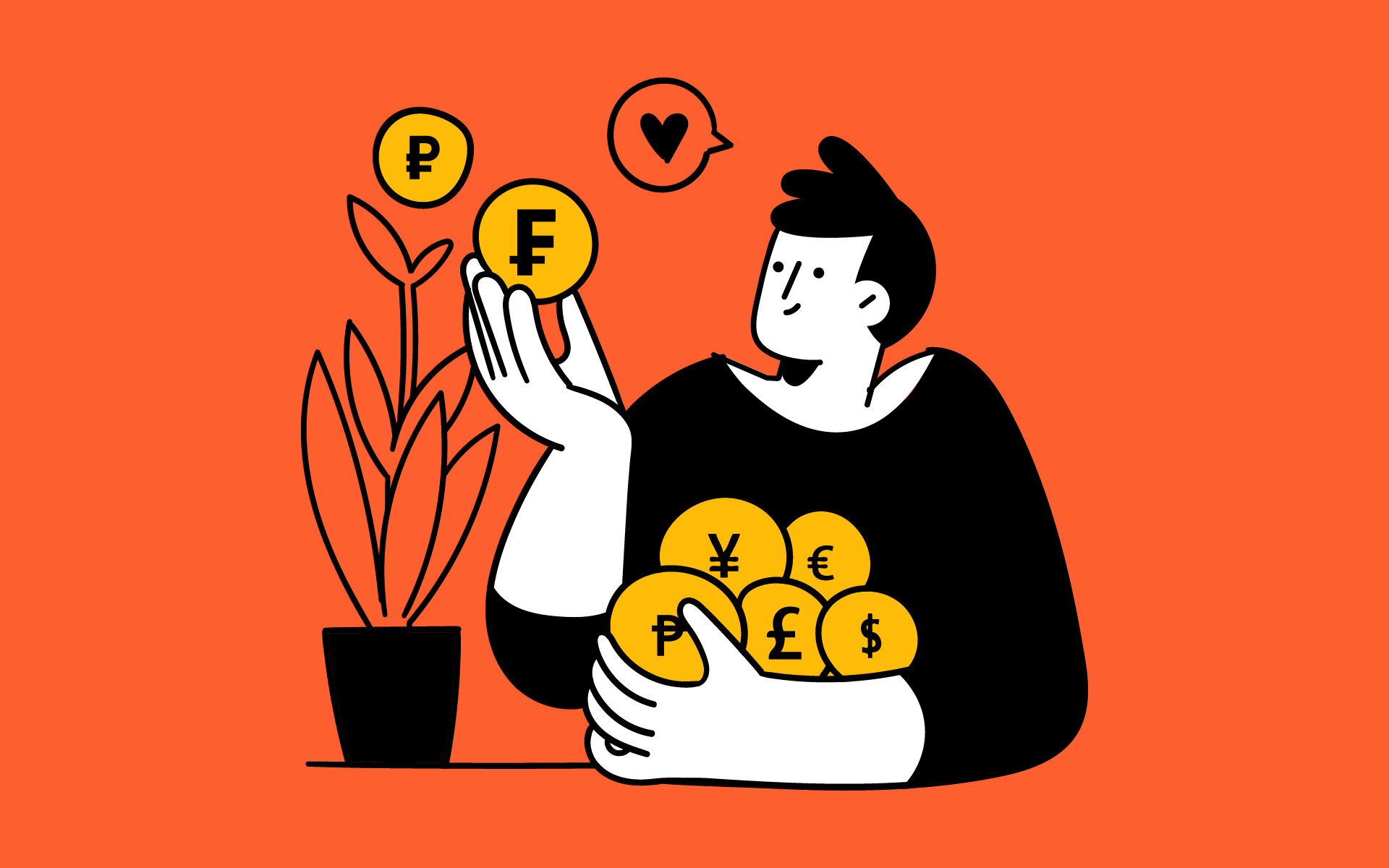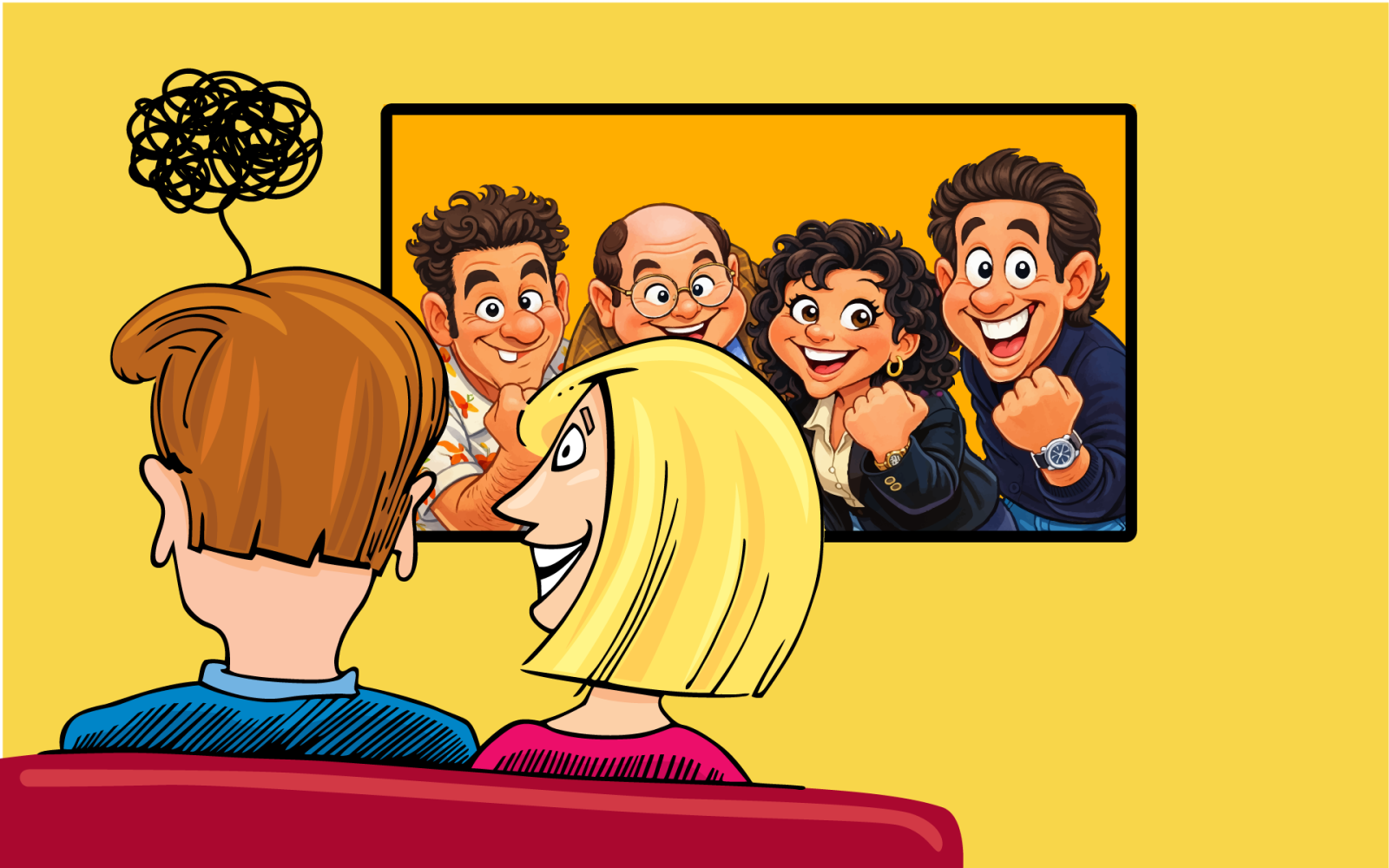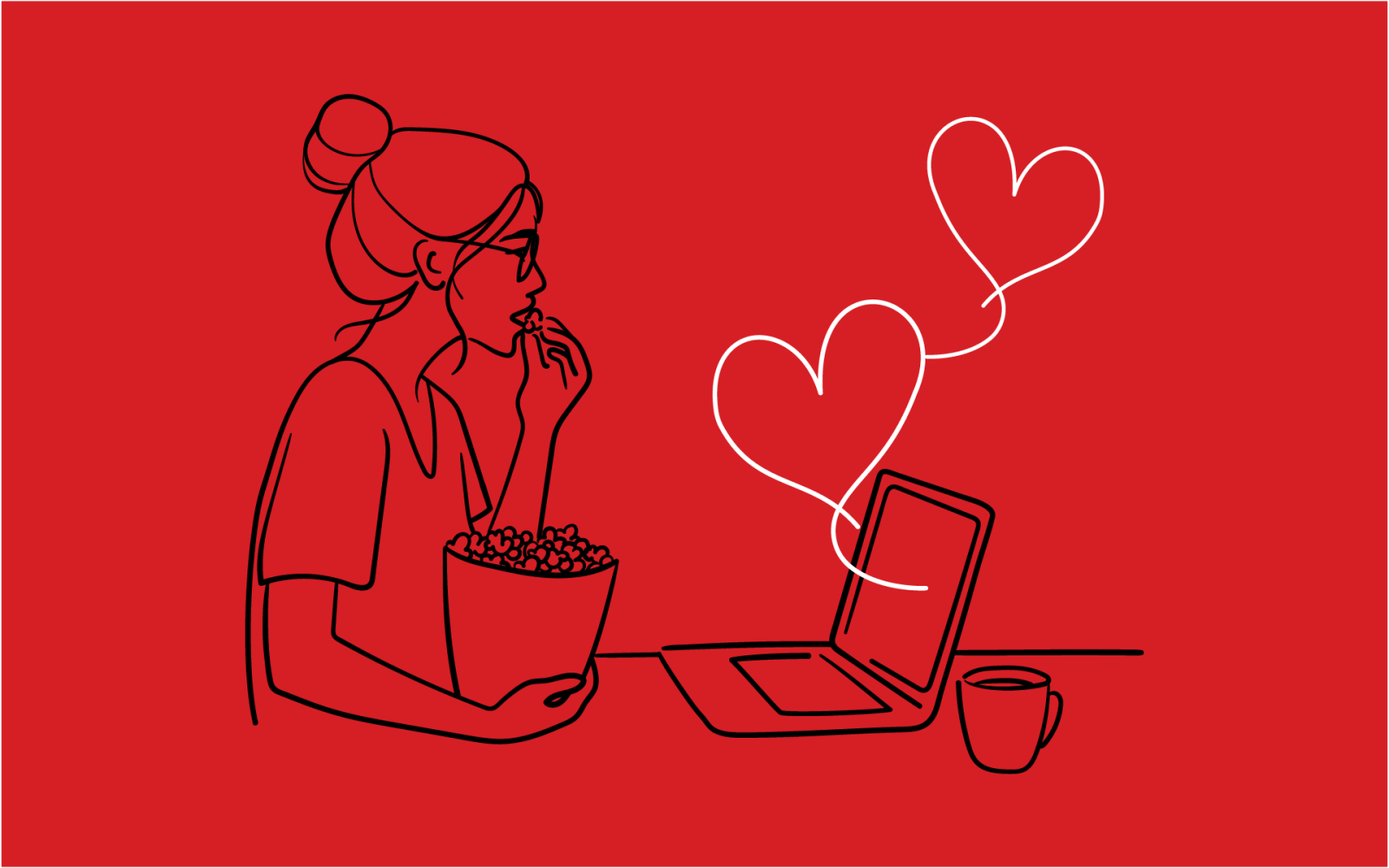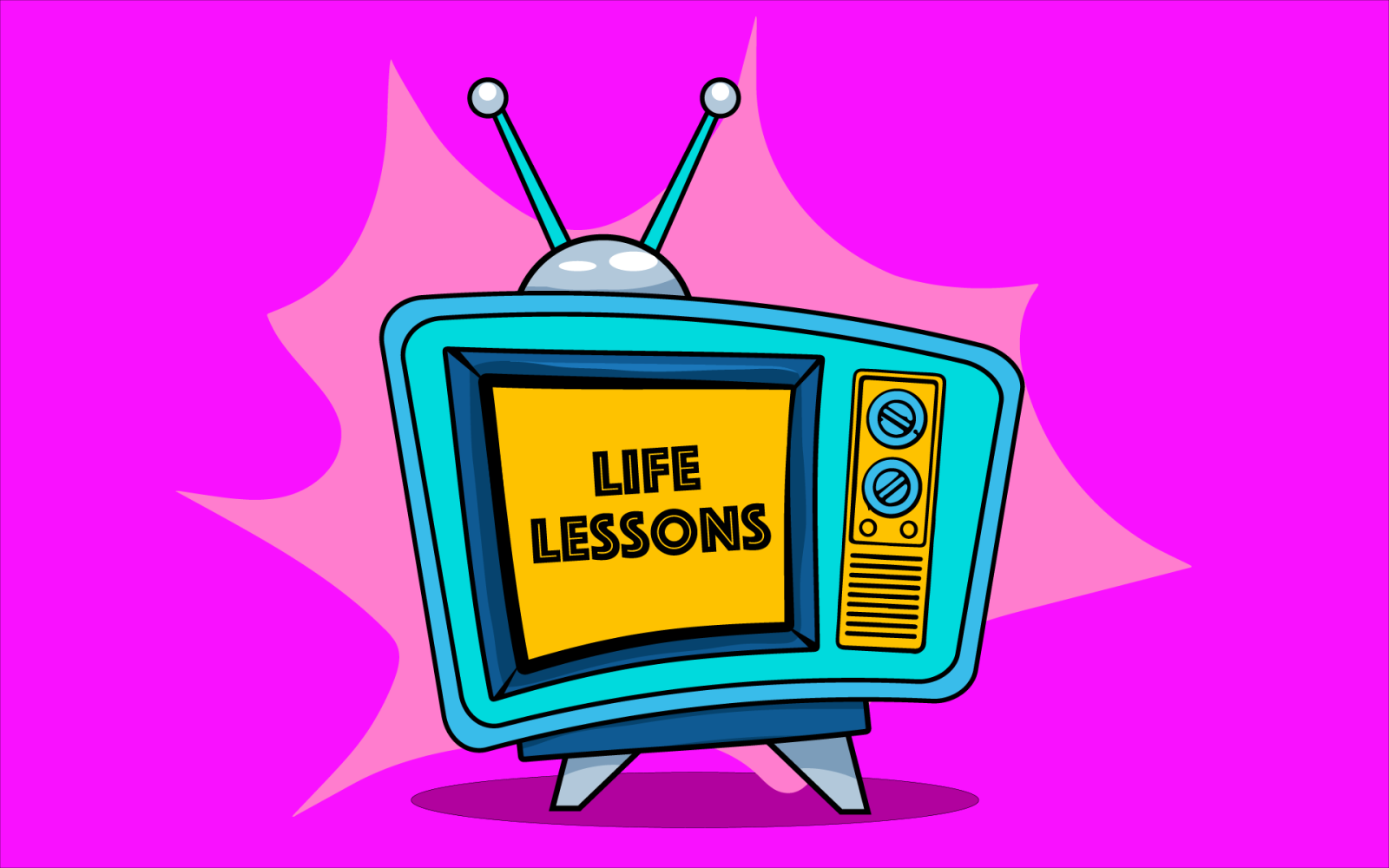How I jingle-jangled my way to a very small fortune

The childhood secrets of a coinoisseur who learned to love change.
Like a lot of Jewish kids in the 1970s, I grew up with parents and grandparents who had lived through the Holocaust. Even for our generation, the Nazis were a clear and present danger.
I decided that if the Gestapo ever came for me, I would take my dog, Zardoz, and my grandfather’s sharp tailoring scissors that could cut through anything, and escape to another country.
I realised I’d need money to survive in these countries, which was when I began to collect foreign coins.
My collection started when an uncle returned from a holiday in Italy and lined my palm with lira. Those coins enriched my life.
As I grew older, my coin collection was no longer about escaping Nazis but about exploring the world.
I was stuck in a tiny bubble on the southern tip of Africa and was desperate to experience what it was like “overseas”.
“Overseas” was so far away it could have been another planet. There were Twinkies and Mickey Mouse and Michael Jackson and snow and democracy on Planet Overseas.
Back on Planet South Africa, we had apartheid, Bles Bridges, Wielie Walie, and mullets. It was frightening and confusing (and that’s just the mullets).
If I heard that someone was going travelling, I’d beg them to bring back coins for me. I also found other collectors and swapped coins with them.
I soon became a coin buff or, to use the official name, a numismatist. (Why numismatist and not coinnoisseur?)
My collection grew, with pennies, shillings, quarters, francs, pules, rupees, krone, yen, pesos, and shekels. I had square coins and coins with holes. I had coins that were impossibly light and ones you could bench press with.
I had freshly minted coins that you could see your reflection in and faded coins dating back to World War Two.
I was fascinated with who or what was depicted on each coin and I was intrigued with what they represented.
I wondered who these coins had belonged to. I’d imagine a coin’s journey from its birth at the mint and what it had been traded for as it made its way from hand to hand until it landed in my collection.
These weren’t just coins, they were stories.
Historians describe the coins of ancient Greece and Rome as “the newspapers of their day”.
I loved the sound of the coins as they jingled and jangled in my pocket, but most of all I loved how these coins transported me to faraway lands.
They expanded my knowledge of history and current affairs (currency affairs), allowing me to escape to different worlds and to different times.
From the comfort of my bedroom, I visited the Leaning Tower of Pisa, explored the creepy catacombs of Paris, scaled Mount Everest, saluted Her Majesty’s beefeaters at the Tower of London, hitched a lift on Ernest Shackleton’s dinghy, and got lost in the Great Pyramid of Giza.
When I left school I left my coin collection at home and went travelling armed with travellers’ cheques, to a few of the places my coins had come from.
When I returned I passed on the tradition to a young relative who was starting her own coin collection. I lined her palms with Spanish pesetas and watched her eyes light up.
Forty years after my uncle gave me all those Italian liras, my coins are in a sleeve in a file at the bottom of a drawer.
I don’t collect coins anymore. Partly because South Africa is no longer isolated and the world is just a Google search away. But also because coins are disappearing from circulation faster than a Cheslin Kolbe charge down.
We’re becoming a cashless and coinless society, where even car guards accept payment by Snapscan, and each day a new cryptocurrency emerges from the cyber ether.
You can’t put Bitcoins in your pocket. Sadly, Generation Alphas won’t get to experience the jingle jangle of a pocketful of change.




